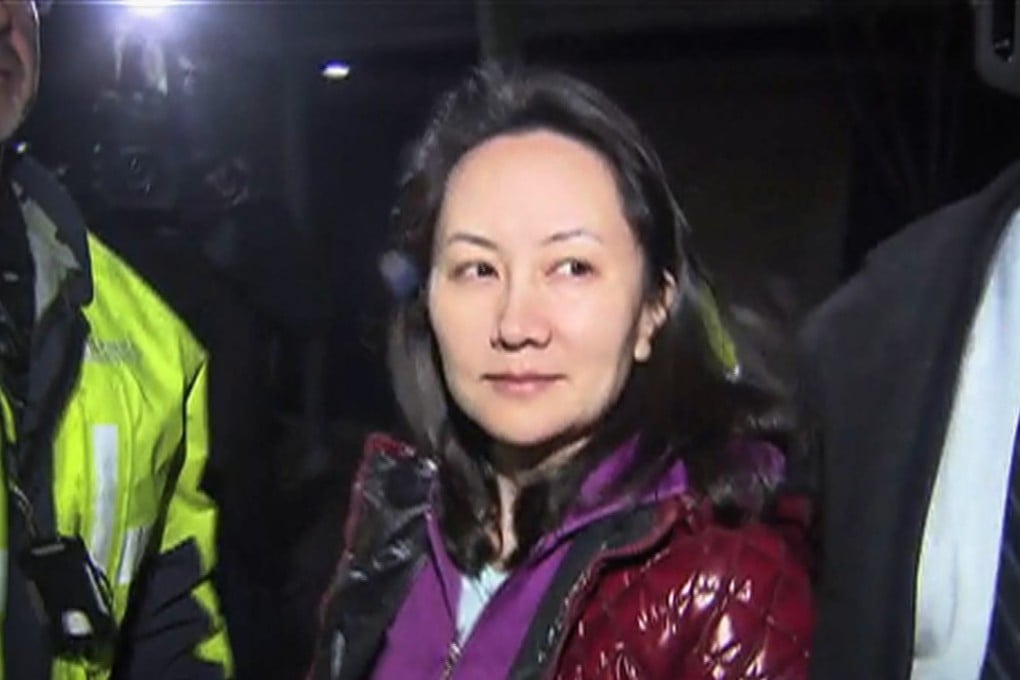Huawei arrest is a warning shot for foreign business executives, as US makes targeting individuals a ‘top priority’ amid trade war
- Foreign business executives face greater risks as US decides to target individuals in corporate misconduct cases
- Donald Trump says he may intervene in the case, feeding into a popular belief in China that Sabrina Meng Wanzhou’s arrest was a ‘political kidnapping’ for trade war leverage

The arrest of Huawei chief financial officer Sabrina Meng Wanzhou is an early indication of the risks now facing foreign business executives, as American law enforcers start targeting individuals at companies that breach sanctions.
The controversy is increasingly being perceived as a “political kidnapping” in China, after US President Donald Trump suggested that he would intervene in the case as a means of gaining leverage in the trade war. For foreign corporate executives that facilitate trade with blacklisted countries, it may be a sign of things to come.
Against a backdrop of growing rivalry between Beijing and Washington, the case has infuriated the Chinese government and frayed China’s ties with Canada. It came as a result of a shift in focus by the US Department of Justice, which is centring corporate investigations on individual executives working at companies that break US laws.
Meng was arrested on fraud charges in Canada on December 1 upon the request of a district New York court, in relation to Huawei’s alleged violation of US sanctions on Iran. She has been granted US$7.5 million bail.
US Deputy Attorney General Rod Rosenstein said in a speech on November 29 that under the revised Foreign Corrupt Practices Act, “pursuing individuals responsible for wrongdoing will be a top priority in every corporate investigation”.